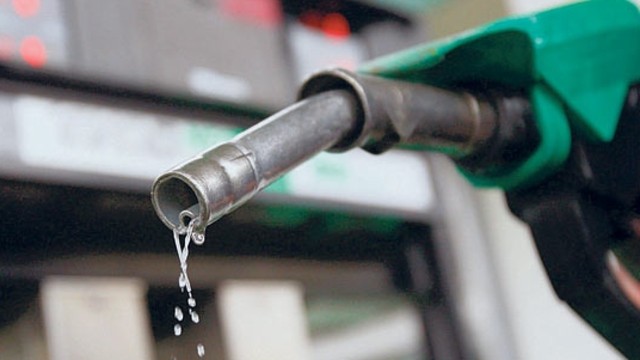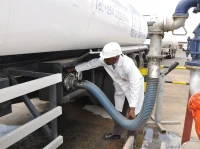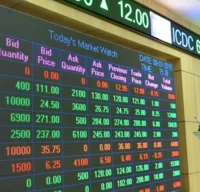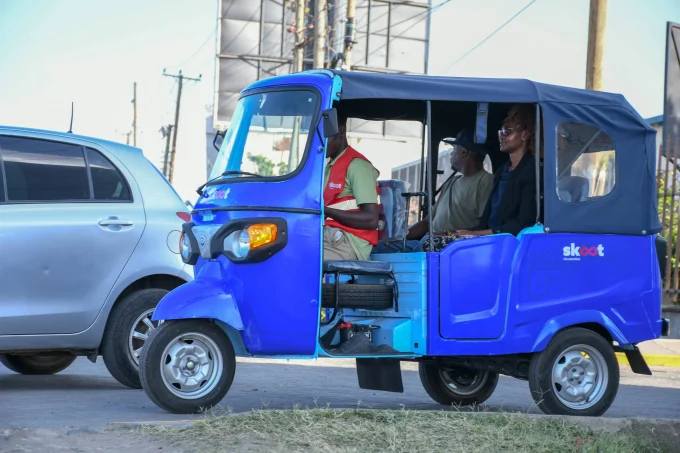Independent petroleum suppliers began an indefinite strike on September 3 following the effecting of the 16% VAT on petroleum products that has sparked public outrage.
The suppliers want Treasury CS Henry Rotich to suspend the tax citing the already high cost of living.
“This is in solidarity with all the other Kenyans against the government’s decision. The strike is indefinite until the decision is reversed,” Joseph Karanja, chairman of the Kenya Independent Petroleum Dealers Association, told Reuters.
The ripple effect of the hike in the price of fuel is already being felt across the country with most Public Service (PSVs) charging more fare to commuters.
The Finance Bill 2013 that increased prices of petroleum products came into effect on September 1 after Rotich rejected parliament’s ammendments that sought to defer the effecting of the bill to September 2020.
Following the move, MPs have threatened to impeach Rotich within 72 hours if he does not reverse his orders.
The bill has been deferred twice, first in 2013 and in 2016.
As it stands, Nairobi motorists will now pay Ksh128 for super petrol up from Ksh112, Ksh115 for diesel up from Ksh102 and Ksh97 for kerosene up from Ksh84.
The situation is the same across the country only that the price margins differ slightly.
The government has been under pressure to raise revenue to finance its budget amid a shortfall in collection by the taxman.
In 2015, the government entered an agreement with the International Monetary Fund (IMF) to raise funds internally after the institution raised the red flag over the government’s borrowing appetite.
RELATED : MORE IMF LOANS TO BLAME FOR FUEL PRICES HIKE
In order for IMF to advance other loans to the country, the government has to raise money internally by effecting the VAT on petroleum products.
According to David Ndii an economist, the government is seeking to raise Ksh70 billion. Ndii says this is unlikely through taxation as the government cannot raise more than 30 billion from taxing petroleum products.
On September 2, the issue was subjected to heated debate with political leaders across the country warning that they would not be privy to making the lives of poor Kenyans more unbearable.
Deputy President William Ruto chose a more diplomatic tone saying that the Executive would engage Parliament in order to come up with a solution that did not entail transferring the burden to Wanjiku.
“The executive will sit down with parliamentarians to ensure that the common man does not suffer because of the law,” said DP Ruto.
SEE ALSO : CHINA OFFERS ANOTHER SH6 TRILLION TO AFRICA
Orange Democratic Party leader Raila Odinga assured Kenyans that President Kenyatta will assent to the amendments made by MPs to the Finance Bill 2018.
“Members of Parliament already made amendments to the bill and removed the 16% V.A.T, President Kenyatta will intervene very soon,” said Mr. Odinga.
MPs however were unapologetic over their resolve to ensure that effecting of the 2013 bill is reversed.
“As parliament we will remain firm by saying that no tax will be imposed on petroleum products because that money will not benefit the common man but rather will be used to pay debts that were taken without proper consultations,” said former Cherengany MP Joshua Kutuny.












1 Comment